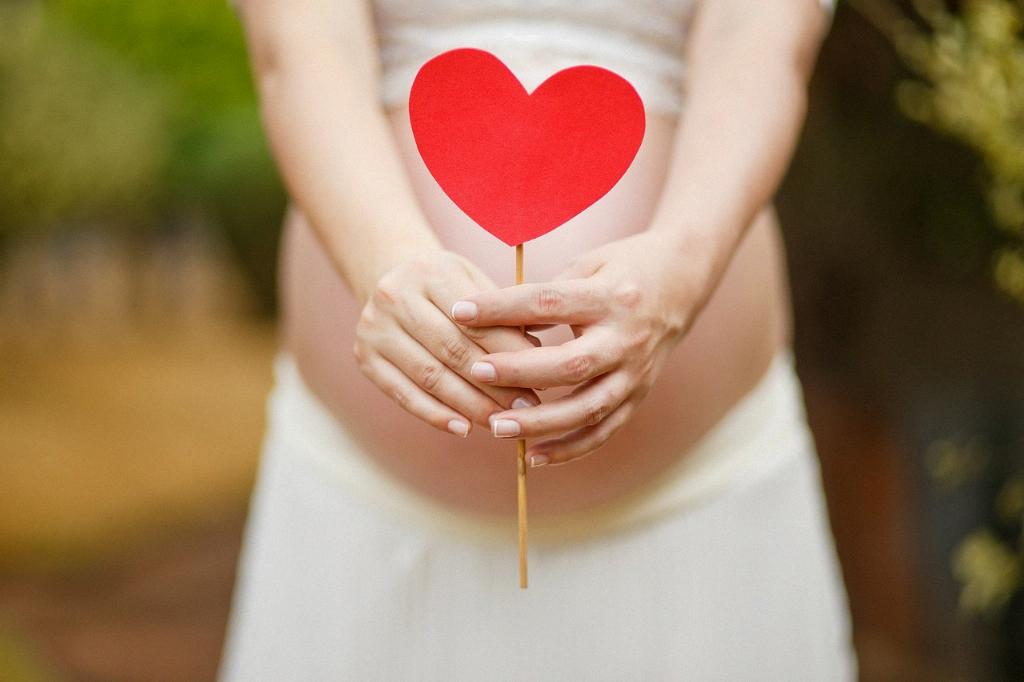During pregnancy, it’s crucial to be mindful of what you eat to ensure the health and safety of both you and your baby. One of the foods often highlighted as potentially risky during pregnancy is brie, a type of soft cheese commonly enjoyed for its creamy texture and rich flavor.
Brie falls under the category of mould-ripened soft cheeses with a white rind, which also includes camembert and ch?vre. These cheeses can pose a potential risk during pregnancy due to the presence of the bacteria Listeria monocytogenes, which can lead to listeriosis, a serious infection that can harm the developing fetus.
One of the key recommendations for pregnant individuals is to avoid consuming unpasteurized dairy products. This includes unpasteurised brie, as pasteurization is a process that helps eliminate harmful bacteria such as Listeria. Opting for pasteurized brie can help reduce the risk of listeriosis.
Cooking soft cheeses like brie until they are steaming hot can also help kill any potential bacteria present, making them safer to consume during pregnancy. This method of preparation can be a precautionary measure to further reduce the risk of foodborne illnesses.
While it’s best to err on the side of caution when it comes to certain foods during pregnancy, it’s essential to note that not all soft cheeses are off-limits. Some varieties, like cream cheese and cottage cheese, are generally considered safe for pregnant individuals to consume, as they have a lower risk of bacterial contamination.
Consulting with your healthcare provider or a registered dietitian can provide personalized guidance on what foods are safe for you to eat during pregnancy. They can help you navigate any specific dietary restrictions or concerns you may have, ensuring that you maintain a healthy and balanced diet throughout your pregnancy.
It’s important for pregnant individuals to prioritize food safety and hygiene practices to reduce the risk of foodborne illnesses. This includes properly storing, handling, and preparing foods, as well as being aware of potential risks associated with certain food items like soft cheeses.
Being informed about the potential risks of consuming certain foods during pregnancy can empower you to make more educated choices about your diet. While brie may be a delicious treat, it’s essential to consider the safety of both you and your baby when deciding whether or not to include it in your meals.
Remember that dietary preferences and restrictions can vary from person to person, so what works for one individual may not necessarily apply to another. It’s crucial to listen to your body and seek guidance from healthcare professionals to ensure that you are making the best choices for your health and well-being during pregnancy.
In conclusion, while the consumption of brie during pregnancy can carry some risks due to potential bacterial contamination, opting for pasteurized varieties and following proper cooking guidelines can help mitigate these concerns. Always prioritize food safety and consult with healthcare providers for personalized advice on your diet during pregnancy.

